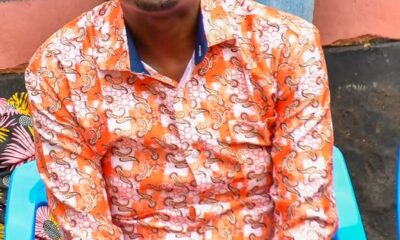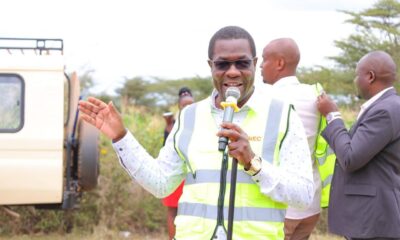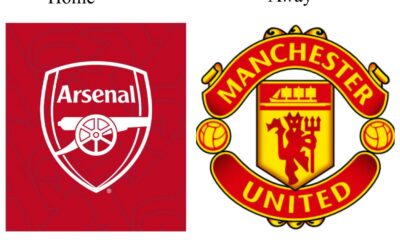World News
Months Into Virus Crisis, U.S. Cities Still Lack Testing Capacity
-

 General News1 week ago
General News1 week agoSportPesa Aviator Exposed: Why SportPesa Aviator Games Have Become a Public Danger That Kenya Can No Longer Ignore
-

 Entertainment1 week ago
Entertainment1 week agoSportyBet Kenya Bonus for January 2026 – Uncover Unique Offers!
-

 General News1 week ago
General News1 week agoThe 2027 Expiry Date: Why Moses Omondi’s Term Will Be Short
-

 Columns And Opinions1 week ago
Columns And Opinions1 week agoThe Two Faces of Opiyo Wandayi: The ‘Watcher’ Who Now Uses Luo Votes While Kenyans Pay the Price
-

 Columns And Opinions1 week ago
Columns And Opinions1 week agoEXPOSED: Court Filings Show How Cs Mbadi, Watanga and Nyawanda Approved Sh5.5 Billion Illegal Rice Imports
-

 Sports6 days ago
Sports6 days agoArsenal vs Manchester United Prediction: Betting Tips, Odds, and Match Preview
-

 Entertainment20 hours ago
Entertainment20 hours agoSportyBet’s 1UP Early Win Is a Game-Changer for Kenyan Punters in 2026
-

 General News5 days ago
General News5 days agoPaul Ndung’u Bankruptcy Exposes a Stunning Fall After SportPesa Court Defeat



